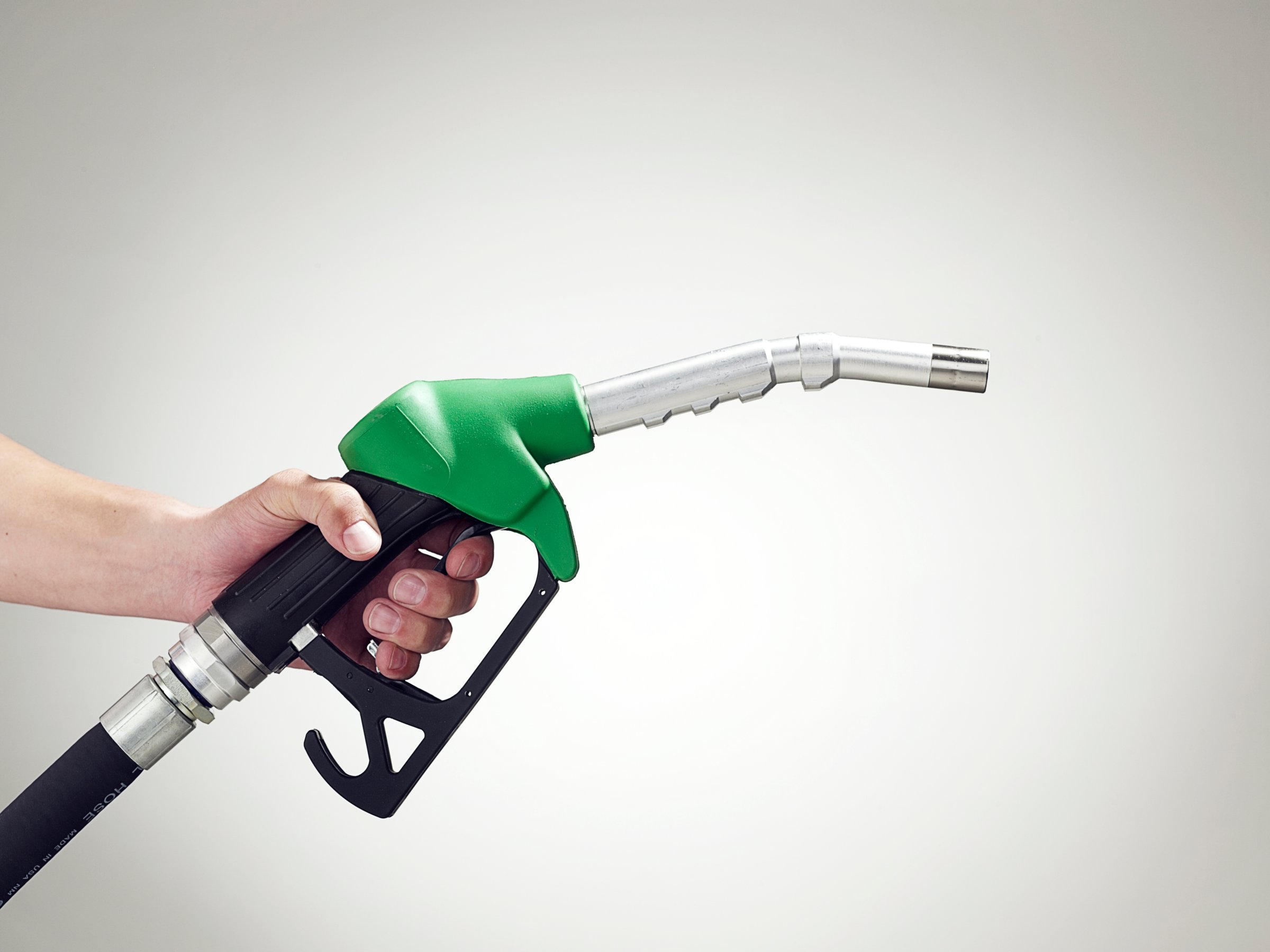
Oil. The commodity. We know what it’s worth – at least we thought we did – but what does a barrel of the black stuff get you in real life? Before we get theoretical, let’s first consider how much oil you use.
If you’re in the United States, that figure is approximately 2.5 gallons of crude oil per day; roughly one barrel every seventeen days; or nearly 22 barrels per year. That’s just your share of US total consumption of course; the true number is harder to discern – minus industrial and non-residential uses, daily consumption drops to about 1.5 gallons per person per day. Subtract the percentage of the population aged 14 and below and the daily consumption climbs back above 2 gallons. This is big picture, and it’s quite variable, so let’s go further.
Most of the nation’s daily crude consumption stems from transportation. If you’re an average driver in an average car, your crude consumption is in the order of 12 barrels per year. However, if your car is more than ten years old, chances are that figure is closer to 15 barrels annually. Does an electric car offer significant savings? Of course it does, but for an unconventional comparison let’s assume all of the electricity is sourced from oil – in truth, petroleum is not a very efficient fuel and accounts for just 1 percent of electricity generation in the US. Under this assumption, a Tesla Model S, with an 85 kilowatt-hour (kWh) battery and a range of 260 miles, will consume approximately 8 barrels of crude per year.
Read more: The World’s 10 Biggest Energy Gluttons
Frequent flyer? Say 2,000 miles per year on a US carrier? Add about two-thirds of a barrel of crude to your annual consumption.
A 3,000-mile cruise on the MS Oasis of the Seas may sound relaxing, but at roughly 4 barrels of crude per passenger, the carbon footprint alone is worth reviewing.
What about residential use? Using similar assumptions to the electric car example above, we can calculate our annual home electricity use in barrels of crude. In 2013, an average American home consumed 10,908 kWh of electricity, or approximately 20 barrels of crude. The real number – considering oil’s role in electricity generation – is far lower at around one-fifth of a barrel.
Petroleum products are active in nearly every facet of our daily lives; food and consumer chains are no exception. Take a look at bottled water for example. It’s an energy intensive business, one with an estimated energy expenditure of 32 million barrels of oil per year – for 33 billion liters of bottled water purchased in the US. The production of the single-use polyethylene terephthalate (PET) bottles alone requires the energy equivalent of almost 17 million barrels of oil.
Obtaining an accurate picture of your daily oil consumption is truthfully quite difficult. Your consumption is dependent on my consumption, which is dependent on someone’s consumption halfway around the globe to make a simple analogy. Moreover, consumption is largely bound by perception and the barrel is still a relatively abstract measure – few will ever lay hands on one. So for the sake of understanding, let’s look at what else a barrel gets you.
Read more: The Easy Oil Is Gone So Where Do We Look Now?
According to Chevron, one barrel of oil produces: 170 ounces of propane; 16 gallons of gasoline; one gallon of roofing tar; a quart of motor oil; 8 gallons of diesel fuel; 70 kWh of electricity; four pounds of charcoal briquettes; 27 wax crayons; and 39 polyester shirts.
For good measure, it can power a 42’’ plasma television for about a year and a half – again, it’s not very efficient. It can charge your laptop PC every day for over 7 years, or your iPhone for more than 240 years.
Finally, on the open market, a barrel of West Texas Intermediate will fetch around $50.
* 1 barrel = 42 U.S. gallons = 5,800,000 Btu
1 gallon gasoline = 124,262 Btu
1 gallon jet fuel = 128,100 Btu
1 barrel = 533 kWh (Power plant heat rate of 10,991 Btu/kWh)
This article originally appeared on Oilprice.com.
More from Oilprice.com:
More Must-Reads from TIME
- Donald Trump Is TIME's 2024 Person of the Year
- Why We Chose Trump as Person of the Year
- Is Intermittent Fasting Good or Bad for You?
- The 100 Must-Read Books of 2024
- The 20 Best Christmas TV Episodes
- Column: If Optimism Feels Ridiculous Now, Try Hope
- The Future of Climate Action Is Trade Policy
- Merle Bombardieri Is Helping People Make the Baby Decision
Contact us at letters@time.com